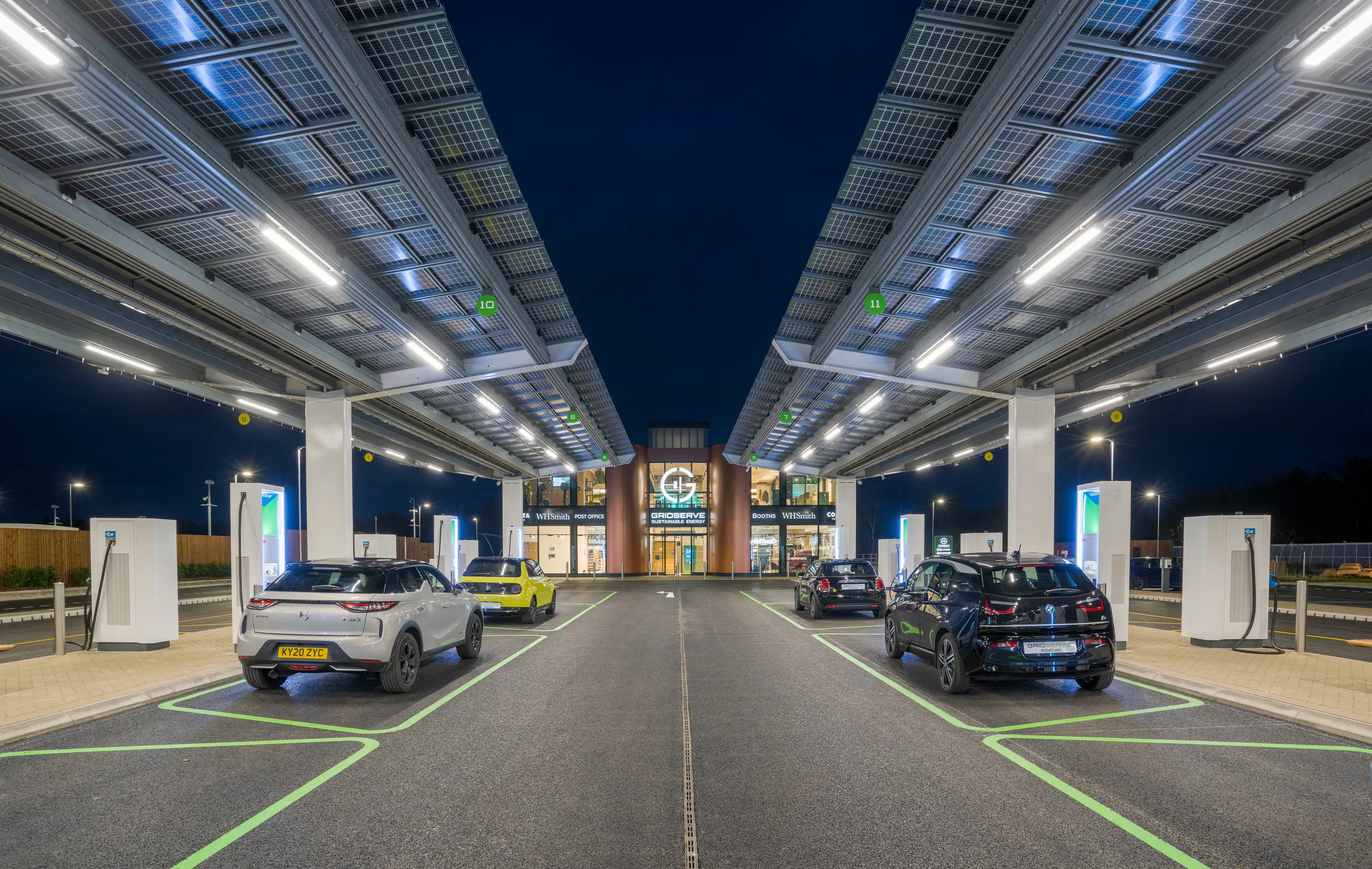Prime Minister Jacinda Ardern, says: “To address the long-term challenge of climate change, today we introduce the Climate Change Response (Zero Carbon) Amendment Bill to Parliament.”
James Shaw, minister for climate change, says: “The critical thing is to do everything we can over the next 30 years to limit global warming to no more than 1.5 degrees Celsius and the Zero Carbon Bill makes that a legally binding objective.”
Shaw explains that the government has listened to “science and also heard from industry” to create a target for a 10% reduction in biological methane emissions by 2030, with a provisional range of between 24% to 47% by 2050.
This range will be subject to review by the independent Climate Change Commission in 2024, taking into account changes in “scientific knowledge and other developments”.
According to Shaw, the commission will support the emissions reductions targets through advice, guidance and regular five-yearly emissions budgets.
“The Bill also creates a legal obligation on the Government to plan for how it will support New Zealand towns and cities, business and farmers to adapt to the increasingly severe storms, floods, fires and droughts we are experiencing as a result of climate change,” he adds.
Shaw insists that everyone has a part to play in helping to reduce greenhouse gas emissions and limiting global temperature increases.
“That includes New Zealanders making their contribution to see the Zero Carbon Bill become law by the end of this year,” Shaw concludes.
New Zealand introduces Zero Carbon Bill
The government of New Zealand has unveiled a plan to achieve zero carbon emissions by 2050.
Prime Minister Jacinda Ardern, says: “To address the long-term challenge of climate change, today we introduce the Climate Change Response (Zero Carbon) Amendment Bill to Parliament.”
James Shaw, minister for climate change, says: “The critical thing is to do everything we can over the next 30 years to limit global warming to no more than 1.5 degrees Celsius and the Zero Carbon Bill makes that a legally bindin
May 10, 2019
Read time: 2 mins
The government of New Zealand has unveiled a plan to achieve zero carbon emissions by 2050.








